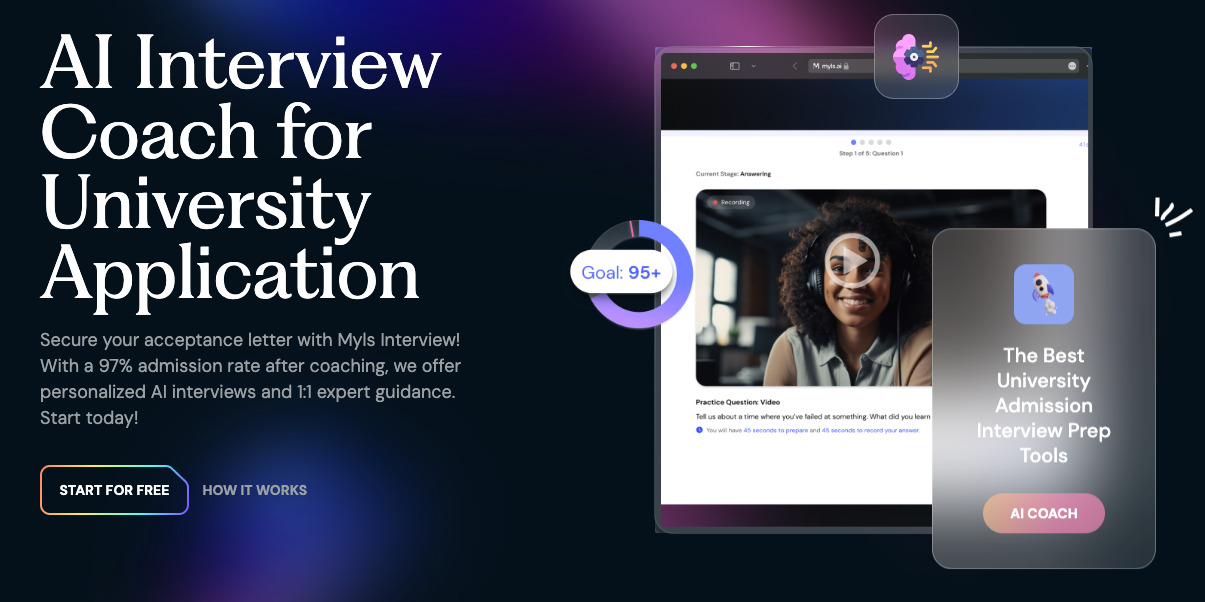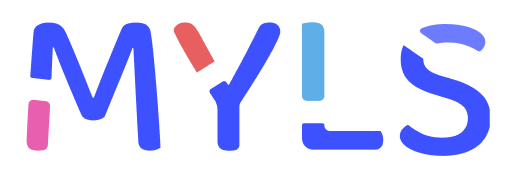How to Choose a University Program When You Don’t Have a Dream Job Yet
No dream job yet? No problem. This guide helps students choose a university program based on interests, strengths, and long-term flexibility—without needing a fixed career goal. Build your future with confidence, even if your path isn’t fully clear yet.

You Don’t Need a Dream Job to Choose a Strong Program
Many students feel pressure to know exactly what they want to do before applying to university—but in reality, few 16- or 17-year-olds have a clearly defined career path. And that’s completely normal. If you’re not sure what your dream job is yet, you’re not alone—and you can still make a smart, confident decision about your university major.
Choosing a flexible and skill-building undergraduate degree can help you explore your interests while preparing for multiple career options. In this blog, we’ll show you how to evaluate programs, keep your future open, and make the most of your university years—even without a specific job title in mind.
Step 1: Understand the Purpose of a University Program
Your Major Is a Launchpad—Not a Lifelong Label
Your university major is meant to expose you to a field of study and build the core skills needed to work in a wide range of industries. Most undergraduate programs (especially in arts, science, and business) don’t train you for just one job—they help you develop tools that transfer across many professions.
What’s more important than a specific career goal is that you:
- Enjoy what you’re studying
- Can develop relevant, marketable skills
- Leave space to pivot based on what you discover along the way
Step 2: Choose a Program That Keeps Doors Open
Look for Degrees That Offer Breadth
If you’re undecided, it’s wise to choose a broad-entry program or a degree that lets you explore multiple disciplines. These include:
- General Arts & Science programs
- Commerce/Business with multiple specialization options
- Interdisciplinary Programs like Integrated Science, Global Health, or Cognitive Science
- Combined Majors (e.g., Economics and Political Science, Biology and Psychology)
These degrees are offered by many top universities in Canada and allow you to customize your pathway later, once you’ve tested your interests.
Ask About Program Flexibility
Before applying, find out:
- When you’re expected to declare a major
- Whether minors or certificates are available
- If there’s room for electives from other faculties
- Whether co-op or internships can help you explore industries
Programs with built-in choice are best for students still figuring out their direction.
Step 3: Focus on the Skills Each Program Develops
It’s About What You Can Do, Not Just What You Know
Even if you don’t know your future job title, you can choose a program that builds the skills employers want. For example:
- Communication & writing: Found in English, political science, and sociology majors
- Problem-solving & analysis: Economics, psychology, engineering, math
- Data literacy: Computer science, business analytics, statistics
- Creativity & visual thinking: Media studies, design, architecture
- Leadership & project management: Business, public policy, interdisciplinary programs
The best undergraduate degrees are those that teach you how to think, work in teams, communicate, and adapt.
Step 4: Use Electives and Experiences to Explore Interests
You’ll Learn What You Like by Doing It
Don’t worry if you don’t love your first course in your chosen major—part of university is discovery. Use electives to explore new fields, and try:
- Summer courses
- Internships or co-ops
- Volunteering or student clubs
- Double minors or certificates
- Conversations with upper-year students or professors
Sometimes the best insight into your career future comes from what you do outside the lecture hall.
Step 5: Don’t Choose a Program Just Because It’s “Safe”
Avoid the Trap of Prestige Without Fit
Choosing a university major based only on salary potential or pressure from others often leads to burnout or second-guessing. While employability is important, it should be balanced with interest and academic fit. If you’re unsure, prioritize:
- Flexibility
- Access to co-op or real-world experiences
- Skill development
- A learning environment that excites you
Programs that challenge and engage you will yield better long-term results—both in grades and career direction.
How Myls Interview Helps You Choose the Right Program Without the Pressure

At Myls Interview, we help students make thoughtful, strategic decisions about their university path—even when they’re still exploring. If you’re not sure what you want to do long-term, we can help you stay open and make progress.
We offer:
- Academic & interest assessments to help you understand your strengths
- Personalized program planning based on flexibility, course load, and skill development
- Mock Interview Platform to practice real questions tailored to specific universities and programs
- Trial lessons in all subjects (e.g., business, psychology, data science) to explore fit
- Support in choosing electives, minors, and career-aligned experiences
- Tutoring once you’ve started to ensure early success
You don’t need a dream job to take the next step—you just need a smart strategy. And we’re here to help.
Sign up for free today and get personalized support choosing the right university program—even if you’re still figuring it out.



